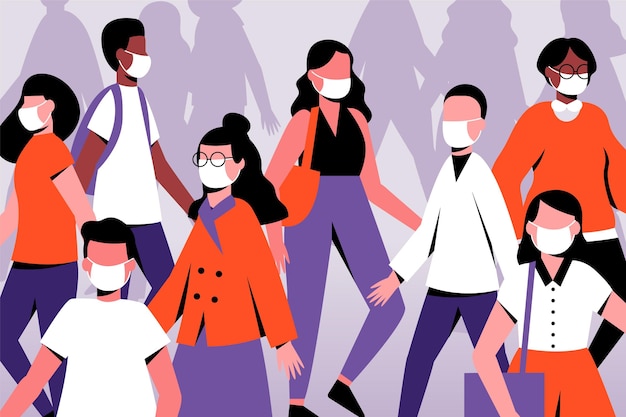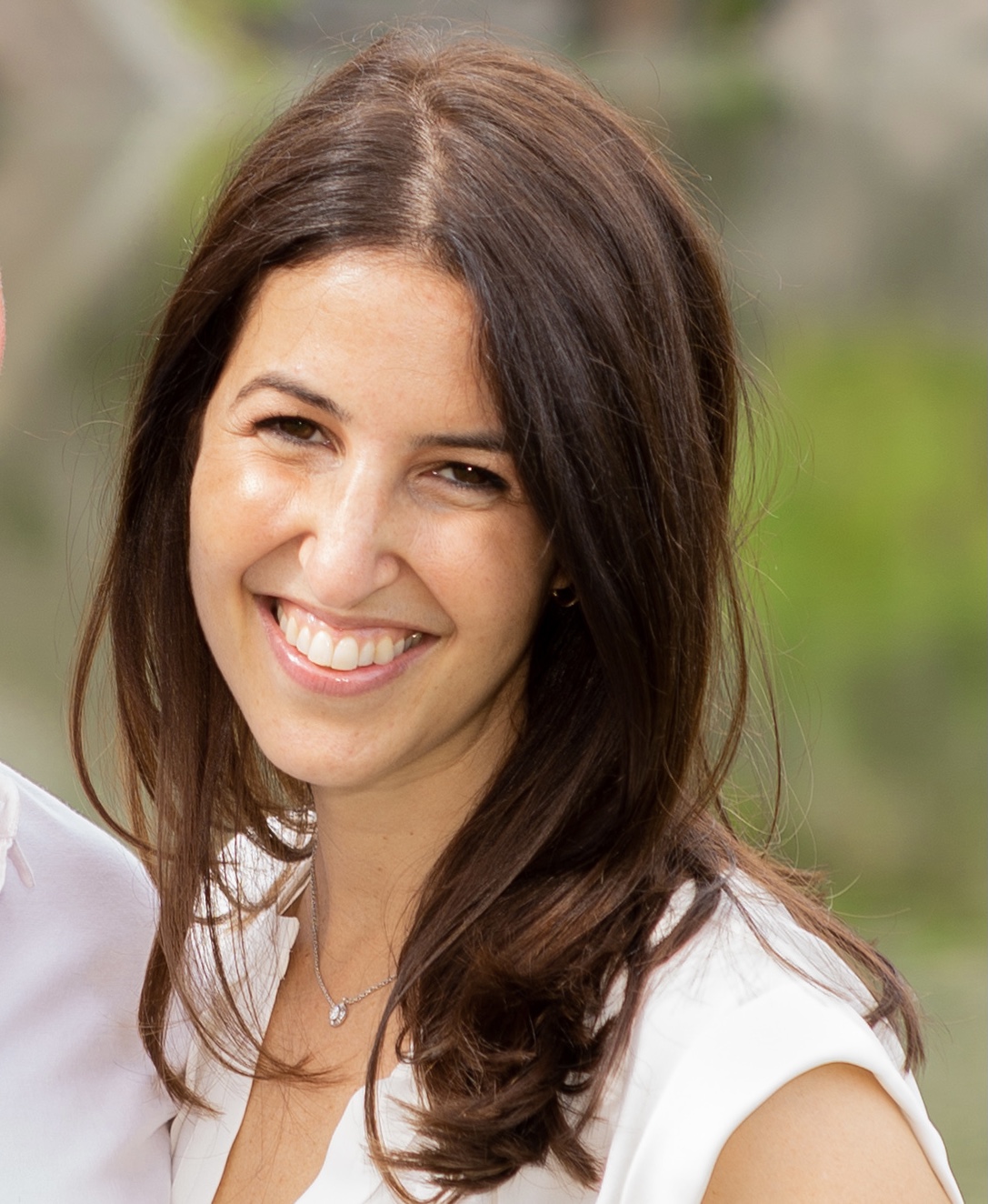How the pandemic is heightening underlying defenses

What’s behind the mask?
In my Upper East Side psychiatry practice, I have observed (via remote sessions these days) many interesting, and possibly counter-intuitive, psychological phenomena regarding the COVID-19 pandemic.
Contamination-type OCD patients have never felt more validated or prepared with their lifetime of sterilization rituals, those with Social Anxiety Disorder now have the perfect excuse to avoid interacting, and those with body-image struggles can now hide behind a mask. What could be better?
People struggling with phobias of all kinds can indulge in a life of avoidance, canceled plans, and unreliability.
Complacency is now acceptable and not subject to judgment. Many who are unemployed are able to enjoy life without trying to navigate the job market in a time where there aren’t many to be found. Dating has also been largely put on hold: With COVID acting as a barrier almost like another STD, there is no more pressure to meet a life partner. What’s more, many adults have gone home to indulge/regress in the comforts of their families, living out childhood conflicts and letting go of typical responsibilities.
Ironically, many of those suffering with anxiety have never felt more normal nor had a better excuse to avoid the perils of day-to-day life during this time of great uncertainty. So many people I treat with anxiety histories feel more connected than ever during quarantine life, as they no longer feel alone in their plight. Life has been paralyzed, and we can all blame (or thank) COVID.
Conversely, many high-functioning people who had not been in mental health treatment prior to the pandemic may be suffering most. Those who are used to a high-speed life with commutes to work, daily social interactions, and travel, are now being asked to pause everything. Many feel a new sense of emptiness and even depression, though they also may have learned the importance of slowing down plans and noticing the beauty of the present moment, cultivating a new gratitude for the simpler things.
We can all grow from this time of great adversity and peril, but let’s be honest and not use a virus as an excuse for our underlying psychology, as tempting as this may be. It’s never just what’s on the surface, after all. There is a lot to uncover behind the mask. And hopefully we can all take our masks down soon!
Dr. Emily Steinberg Fadem is a psychiatrist in Manhattan’s Upper East Side, where she focuses her practice on mood and anxiety disorders in adults. She is also a voluntary faculty member at Mount Sinai’s Icahn school of Medicine, where she serves as an Assistant Professor of Psychiatry.

